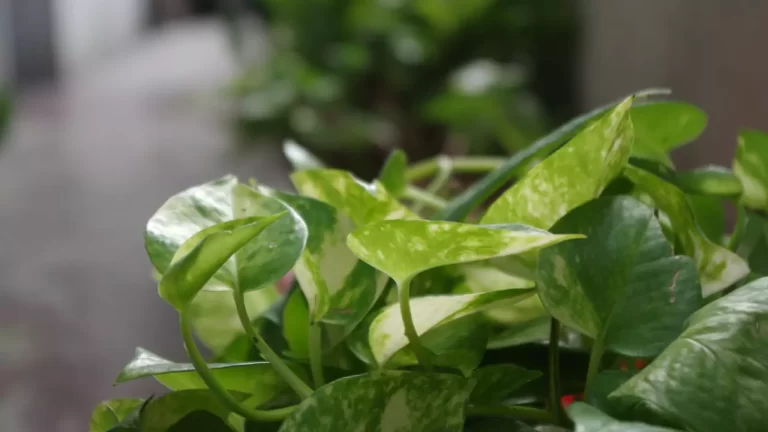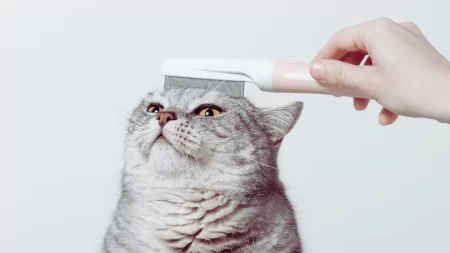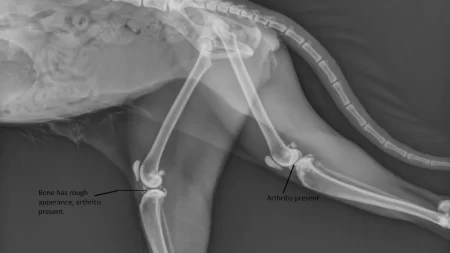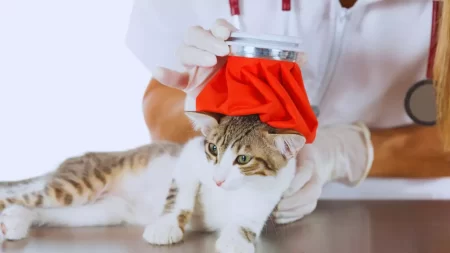No, money plants are generally considered non-toxic for cats. However, there are some potential risks to be aware of if your cat chews on or ingests parts of the money plant.
What is a Money Plant?
A money plant, also known as a money tree or Pachira aquatica, is a popular houseplant known for its braided trunk and bright green leaves. Here are a few key facts about money plants:
- Scientific name: Pachira aquatica
- Other names: Money Tree, Money Plant
- Non-toxic to cats
Money plants are not poisonous to cats according to the ASPCA. However, they can still cause mild irritation or stomach upset if ingested.
Why Do Cats Like to Chew on Money Plants?
Cats often chew on houseplants like money trees for a few different reasons:
- Attractive texture and scent – Cats use their mouths to explore, so the waxy leaves and earthy scent of money plants can attract their interest.
- Potential health benefits – In the wild, cats may eat certain plants for medicinal purposes. They may chew houseplants in an attempt to self-medicate.
- Boredom or curiosity – Chewing plants provide mental stimulation. Kittens and energetic cats are especially prone to chewing when bored.
Potential Dangers of Cats Eating Money Plants
While the money plant itself is non-toxic, there are some risks if your cat eats parts of the plant:
- Upset stomach – Ingesting pieces of the plant may cause vomiting or diarrhea.
- Potential allergic reactions – Some cats may be allergic to compounds in the plant. Reactions are typically mild.
- Risk of choking or digestive blockage – Swallowing larger pieces of the leaves or stems poses a choking hazard or may cause intestinal obstruction.
So while money plants are not severely toxic, it’s still best to discourage cats from chewing or eating the plant to avoid gastrointestinal issues. Monitor your cat after any exposure.
Tips for Keeping Cats Away from Money Plants
If your cat is attracted to your money plant, there are ways to discourage the behavior:
- Place out of reach – Put the money plant somewhere your cat can’t access it, like on a high shelf.
- Use deterrents – Apply bitter apple spray or aluminum foil around the pot to make it unappealing.
- Offer alternative chewing options – Provide safe toys and cat grass to satisfy your cat’s need to chew.
- Keep cats entertained and stimulated – Give your cat adequate playtime, scratching posts, and enrichment to prevent boredom.
- Monitor your cat’s behavior and provide appropriate training – If they persist in chewing plants, use distraction, redirection, and other positive reinforcement training techniques.
With some simple precautions, you can keep your money plant safe while still allowing your cat to enjoy your home. Be sure to observe your cat after any exposure to minimize risks. If you have any concerns about possible plant poisoning, contact your veterinarian right away.







